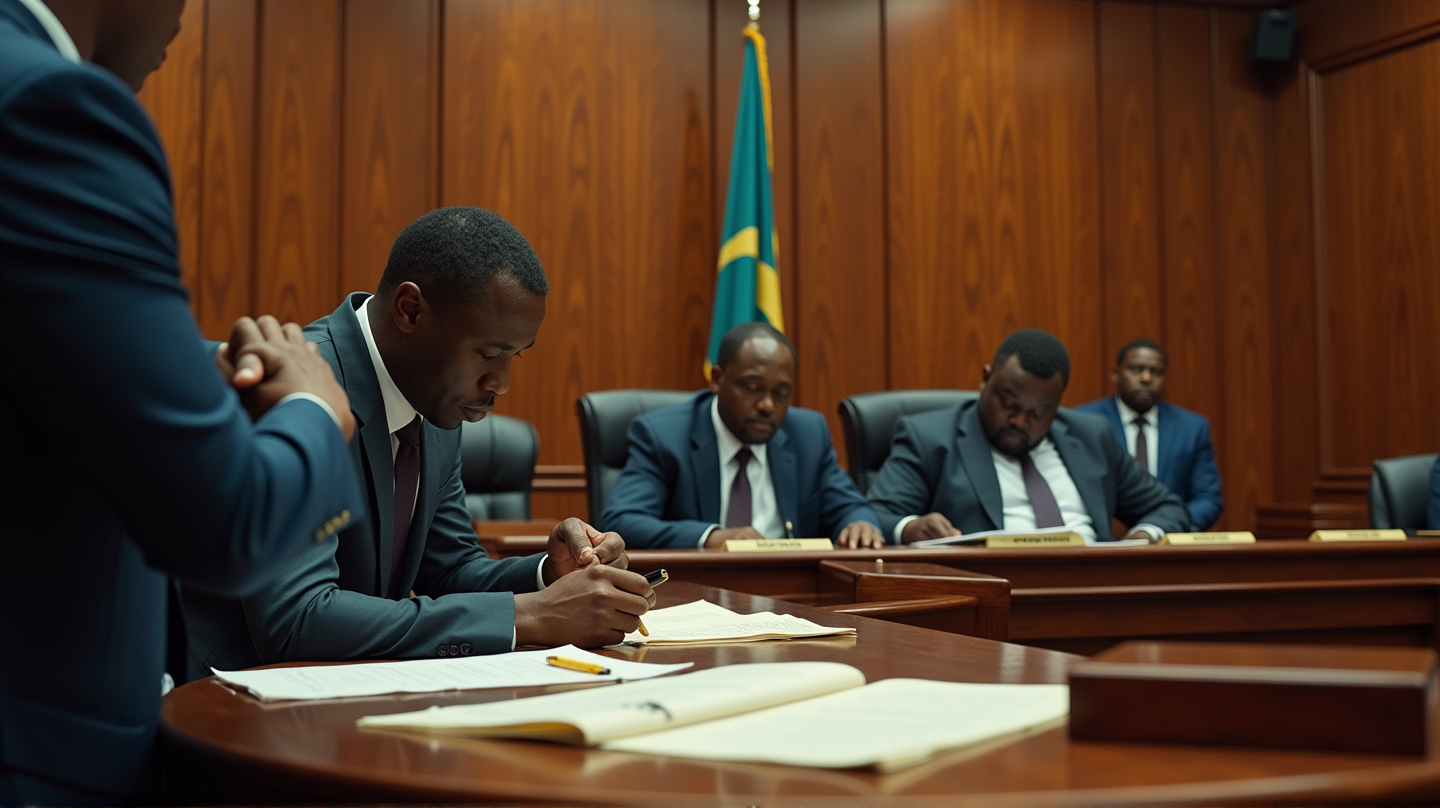Unmasking Marital Corruption: Ghana's Crisis in Public Offices
Spousal conspiracies in Ghana's public offices reveal deep-seated corruption, demanding urgent legal reforms.

Ghana’s public sector is facing a profound challenge, marked by an unsettling trend of spousal conspiracies in the corridors of power. A silent menace is taking root—husband-and-wife teams colluding to exploit the government’s coffers and undermine public trust. This trend, gaining momentum under the Akufo-Addo-Bawumia administration, has brought to light disturbing examples of marital alliances operating as covert financial syndicates.
A Rising Trend: Spousal Corruption Unveiled
Corruption has invariably plagued many nations, but Ghana’s current predicament is unique as it involves familial complicity. The alarming instances of Kwabena Adu Boahene, former Director-General of the National Signals Bureau, alongside his wife, Angela Adjei-Boateng, are not isolated. The duo cunningly funneled GH¢49.1 million into personal channels. Meanwhile, Gifty Oware-Mensah’s operation in the National Service Scheme, with her husband Peter Mensah, unmasked a fraudulent web craftily designed to siphon GH¢548 million. These cases serve as glaring neon signs of systemic weaknesses.
Institutional Failures: Laying the Groundwork for Corruption
Several infrastructural shortcomings have perpetuated this form of corruption. Inadequate financial oversight and auditing have turned a blind eye to such scams. The lack of regulation over family influence and lax law enforcement further cements these corrupt practices. According to Modern Ghana, an urgent overhaul is necessary to salvage the governance framework.
Legal Reforms: A Path Forward
Justice Minister Dominic Akumperi Ayeni is in the spotlight. Robust action requires updating anti-corruption legislation to explicitly address marital collusion and mandate comprehensive financial transparency for spouses of high officials. Enhanced vetting and real-time financial tracking could serve as deterrents.
Swift Justice: Reinforcing Trust
Corruption trials often sink under bureaucratic quagmires. Swift, transparent proceedings, along with lifestyle audits, can restore trust. Establishing a dedicated task force focused on family-linked financial crimes could bridge the gap in accountability.
A Defining Moment for Ghana
Ghana’s governance integrity is at a crossroads. Left unchecked, spousal corruption threatens to erode public trust and annihilate institutional stability. The wave of reforms promised must be swift, impartial, and decisively implemented, devoid of political bias. Ghana’s battle against this unsavory trend will dictate the nation’s resilience in preserving ethical governance for the future.
Ghana, thus, stands before a pivotal moment. A defining struggle against spousal corruption could mold the narrative of governance integrity, ushering in a future hinged on accountability and moral governance.





